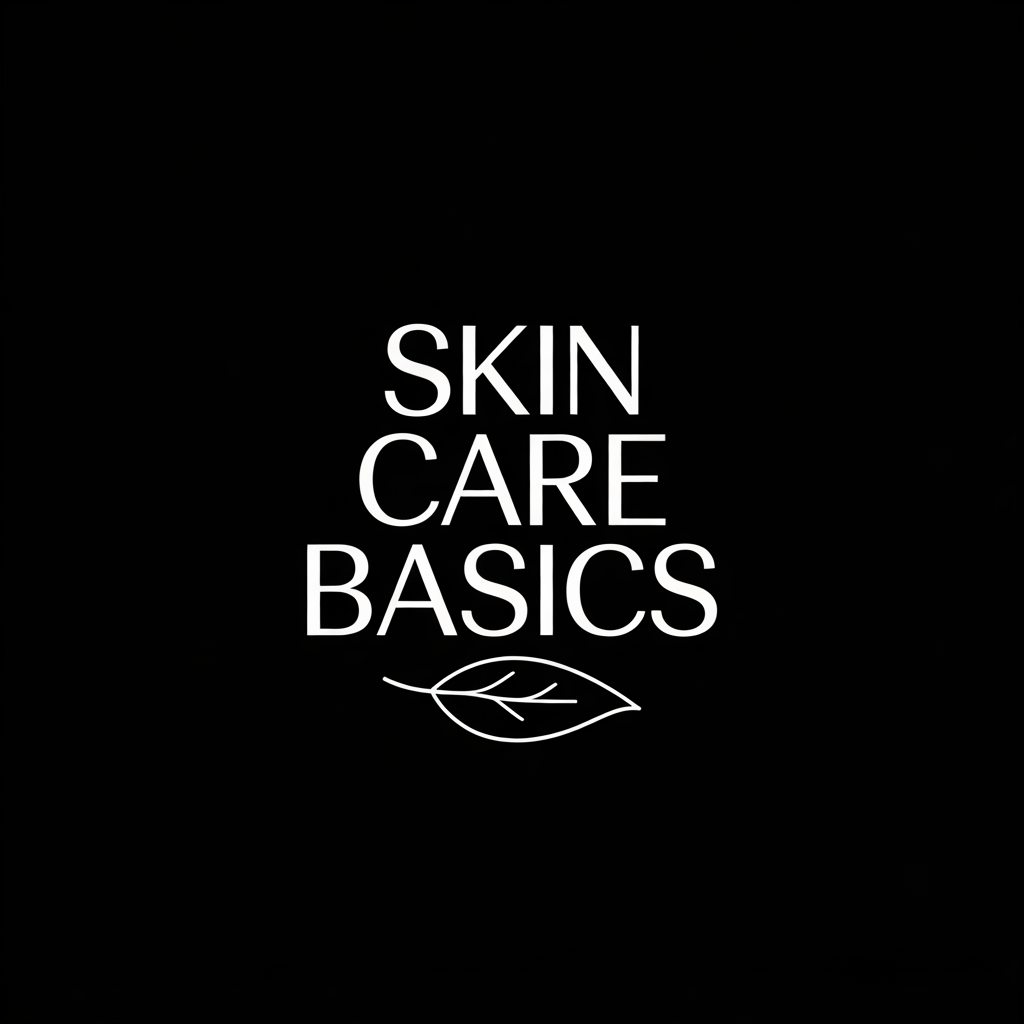The Truth About Collagen and Wrinkle Prevention
Imagine your skin as a well-built structure, where collagen acts as the steel framework holding everything together. As you age, this framework weakens due to various factors, leading to sagging and wrinkles. Many people wonder if collagen supplements or foods can truly reverse this decline. Understanding the science behind collagen production and its role in skin health is crucial. What happens when you incorporate these elements into your routine? The answer might surprise you.
Key Takeaways
- Collagen is essential for skin elasticity and firmness, with its decline contributing to wrinkles and sagging as we age.
- Environmental factors, such as UV exposure and smoking, accelerate collagen degradation, leading to increased wrinkle formation.
- A nutrient-rich diet, including vitamin C and omega-3 fatty acids, can support collagen production and help maintain skin health.
- Collagen supplements, particularly hydrolyzed forms, may improve skin hydration and elasticity when taken consistently.
- Combining collagen intake with hydration and sun protection strategies enhances overall effectiveness in wrinkle prevention.
Understanding Collagen and Its Function in the Skin
Collagen is a vital protein that plays a crucial role in maintaining the skin’s structure and elasticity. As you age, your body produces less collagen, leading to wrinkles and sagging skin. Understanding collagen for wrinkles is essential. This protein acts as a scaffold, providing support for skin cells and helping to retain moisture. When collagen levels decline, the skin becomes less resilient, making it prone to fine lines. Incorporating collagen-rich foods or supplements can help boost your skin’s collagen levels, potentially reducing the appearance of wrinkles. Additionally, collagen supplementation has been shown to improve skin hydration and elasticity, further aiding in wrinkle prevention.
The Science Behind Collagen and Aging
Collagen’s role in your skin is crucial for maintaining its elasticity and firmness.
As you age, collagen production declines, leading to visible signs of aging like wrinkles and sagging.
Understanding this process can empower you to take proactive steps in preserving your skin’s youthful appearance. Additionally, incorporating ingredients like bakuchiol as a natural alternative can help support collagen production and improve skin texture.
Collagen’s Role in Skin
As we age, the skin undergoes significant changes, largely due to a decrease in key structural proteins like collagen.
Collagen plays a critical role in maintaining skin elasticity, hydration, and overall structural integrity.
Here are three essential functions of collagen in your skin:
- Support: Collagen fibers provide a framework that supports skin cells and tissues, preventing sagging.
- Hydration: Collagen attracts moisture, keeping the skin plump and reducing the appearance of fine lines.
- Healing: Collagen aids in wound healing and tissue regeneration, promoting a healthy skin barrier.
Understanding these roles highlights the importance of maintaining collagen for youthful skin.
Aging Process Explained
The aging process significantly impacts skin health, primarily through the gradual decline of collagen production.
As you age, your body produces less collagen, leading to decreased skin elasticity and increased wrinkle formation.
Research shows that collagen levels can drop by as much as 1% per year after the age of 30.
This reduction contributes to sagging skin and a loss of volume.
Additionally, environmental factors like UV exposure and pollution further accelerate collagen degradation.
Understanding this process is crucial for effective wrinkle prevention.
Natural Sources of Collagen
Natural sources of collagen play a crucial role in maintaining skin elasticity and preventing wrinkles.
To boost your collagen levels naturally, consider incorporating these foods into your diet:
- Bone broth: Rich in gelatin, which is derived from collagen, it supports skin health and elasticity.
- Fish: Particularly salmon, which contains omega-3 fatty acids that promote collagen production.
- Citrus fruits: High in vitamin C, these fruits help synthesize collagen, enhancing skin firmness and reducing wrinkles. Additionally, a diet rich in nutrient-rich foods can significantly improve overall skin health and radiance.
Collagen Supplements: Do They Really Work?
When considering collagen supplements, it’s crucial to examine the scientific evidence supporting their efficacy. You’ll find various types of collagen available, each with differing effects on skin health and wrinkle prevention. Understanding the recommended dosage and timing can also enhance your supplement strategy for optimal results. Additionally, it’s important to note that many anti-aging myths surrounding collagen supplementation can lead to unrealistic expectations about its effectiveness.
Scientific Evidence Supporting Efficacy
While many people turn to collagen supplements in hopes of reducing wrinkles and enhancing skin elasticity, scientific evidence regarding their efficacy remains a topic of ongoing debate.
Research suggests that these supplements may offer benefits, but results can vary. Consider these key points:
-
Bioavailability: Studies show that collagen peptides can be absorbed into the bloodstream, potentially stimulating dermal fibroblast activity.
-
Clinical Trials: Some trials indicate improvement in skin hydration and elasticity within a few weeks of consistent use.
-
Individual Variation: Factors like age, skin type, and overall diet can influence how effective these supplements are for you.
Types of Collagen Supplements
Understanding the types of collagen supplements available can help you make informed choices about incorporating them into your skincare routine.
Hydrolyzed collagen, often derived from bovine or marine sources, is easily absorbed and may improve skin elasticity. Collagen peptides offer similar benefits, supporting skin hydration and reducing wrinkles. Type I collagen primarily focuses on skin, while Type II is more beneficial for joint health.
Additionally, plant-based collagen boosters, while not true collagen, contain nutrients that may promote your body’s collagen production. By knowing these options, you can select a supplement that aligns with your specific skincare goals and needs.
Recommended Dosage and Timing
Finding the right dosage and timing for collagen supplements is crucial to maximizing their benefits for skin health.
Research suggests optimal results can be achieved by following these guidelines:
- Dosage: Aim for 2.5 to 15 grams daily, depending on your needs and product type.
- Timing: Take collagen supplements consistently, ideally at the same time each day, to maintain steady levels in your system.
- Combination: Pair collagen with vitamin C for enhanced synthesis and absorption, promoting healthier skin.
Incorporating Collagen Into Your Skincare Routine
Incorporating collagen into your skincare routine can significantly enhance your skin’s texture and elasticity, especially as you age.
Start with topical products that contain hydrolyzed collagen, which penetrates the skin more effectively.
Look for serums and creams with added ingredients like hyaluronic acid, which boosts hydration and complements collagen’s benefits. Hyaluronic acid is known for its ability to hydrate and plump the skin, making it a valuable addition to any anti-aging regimen.
Additionally, consider collagen supplements; studies suggest they may improve skin elasticity when taken consistently.
Always perform a patch test with new products to avoid irritation.
Combining these methods can create a synergistic effect, promoting healthier, more youthful-looking skin that defies the signs of aging.
Lifestyle Factors That Affect Collagen Production
Your daily habits play a crucial role in collagen production, impacting skin health more than you might expect.
To maximize collagen synthesis, consider these lifestyle factors:
- Nutrition: A diet rich in vitamins C and E, along with amino acids, supports collagen formation. Incorporate fruits, vegetables, and lean proteins into your meals.
- Hydration: Drinking adequate water keeps skin plump and aids in collagen maintenance. Aim for at least eight glasses a day.
- Sun Protection: UV exposure degrades collagen; use broad-spectrum sunscreen daily to shield your skin. Additionally, certain foods can enhance collagen levels and improve skin elasticity.
Alternative Ingredients for Wrinkle Prevention
What if you could enhance your skincare routine with alternative ingredients that effectively combat wrinkles? Ingredients like hyaluronic acid, retinol, and peptides have shown promising results in reducing fine lines.
Hyaluronic acid hydrates and plumps the skin, while retinol boosts cell turnover, revealing smoother skin. Peptides, on the other hand, signal collagen production, supporting skin elasticity.
Additionally, antioxidants such as vitamin C can protect against environmental damage, promoting a youthful appearance. However, it’s important to be aware of the potential drawbacks of using vitamin C serums, as they can sometimes cause irritation or degrade quickly in formulations.
Incorporating these ingredients into your regimen not only addresses existing wrinkles but also helps prevent future ones, making them essential for any effective anti-aging strategy.

